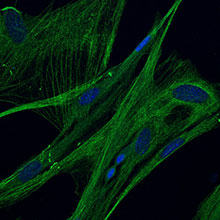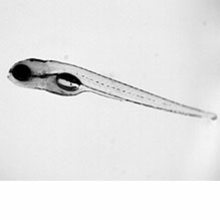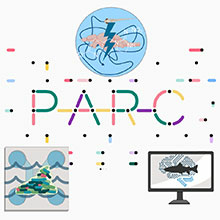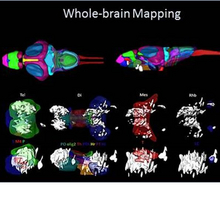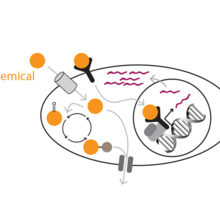Department Environmental Toxicology
Molecular Toxicology
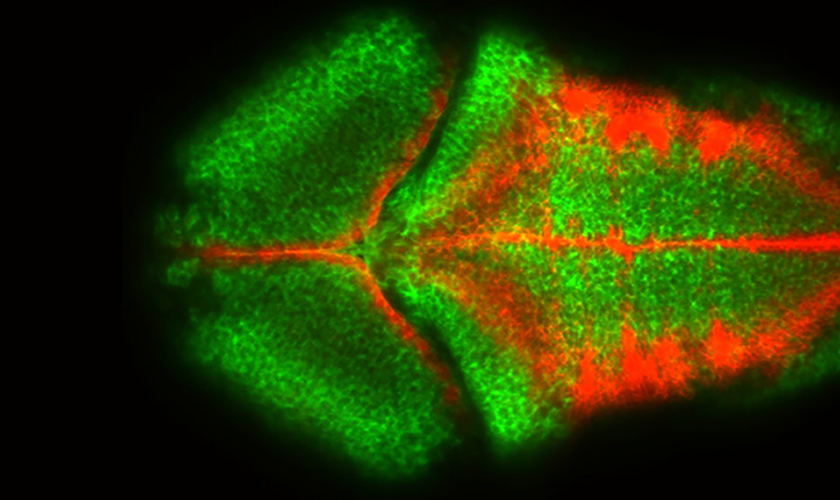
The widespread distribution of toxic substances in our waters constantly imposes challenges on aquatic animals. Physical and biological stressors can additionally potentiate the severity of these threats. Such environmental stressors can have short-term as well as long-term consequences on the development, physiology and behavior of aquatic organisms and can lead to adverse effects. Yet, organisms have also evolved mechanisms to respond to such environmental threats and adapt to avert detrimental effects and toxicity. But toxicological response pathways as well as adaptive mechanisms are often obscure.
We are investigating the effects of environmental threats on the organism with the aim to mechanistically dissect toxicological and adaptive responses on the molecular level. The nervous system extracts and integrates information from the environment, and controls physiology and behavior. By analyzing environmentally-driven behavioral phenotypes in larval and adult zebrafish, different parts of their nervous system can be assessed, which allows us to gain insight into the mechanism of how such threatening substances act and what effects they exert on the body. Further analysis of the structure and function of the nervous system using state-of-the-art imaging techniques and optogenetic tools help us to gain a detailed understanding of the phenotypes emerging upon exposure to the threat. In addition to the phenotypic consequences, we want to understand the underlying molecular basis. Therefore, candidate genes are selected based on current knowledge derived from OMICs data and computational modeling, and are studied using genome editing tools (CRISPR/Cas9) and gene expression analysis. Moreover, transcriptome and proteome profiling techniques are employed to further gain unbiased insight into the molecular mechanisms of action of a given substance.
A detailed understanding of the molecular mechanism leading to short- and long-term effects upon exposure to environmental threats is essential for the risk assessment of a given substance and can ultimately lead to a better environmental health protection.







